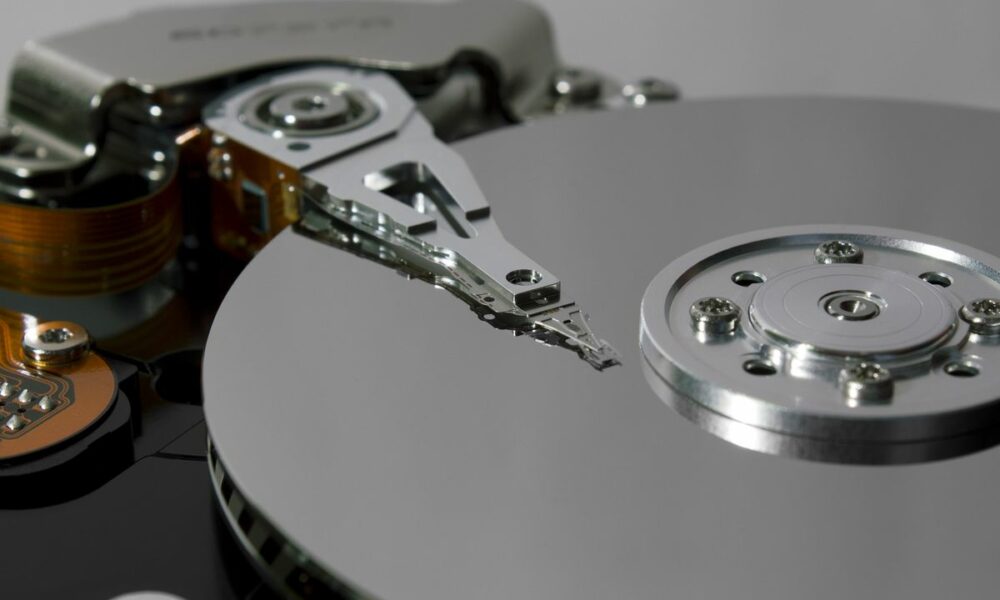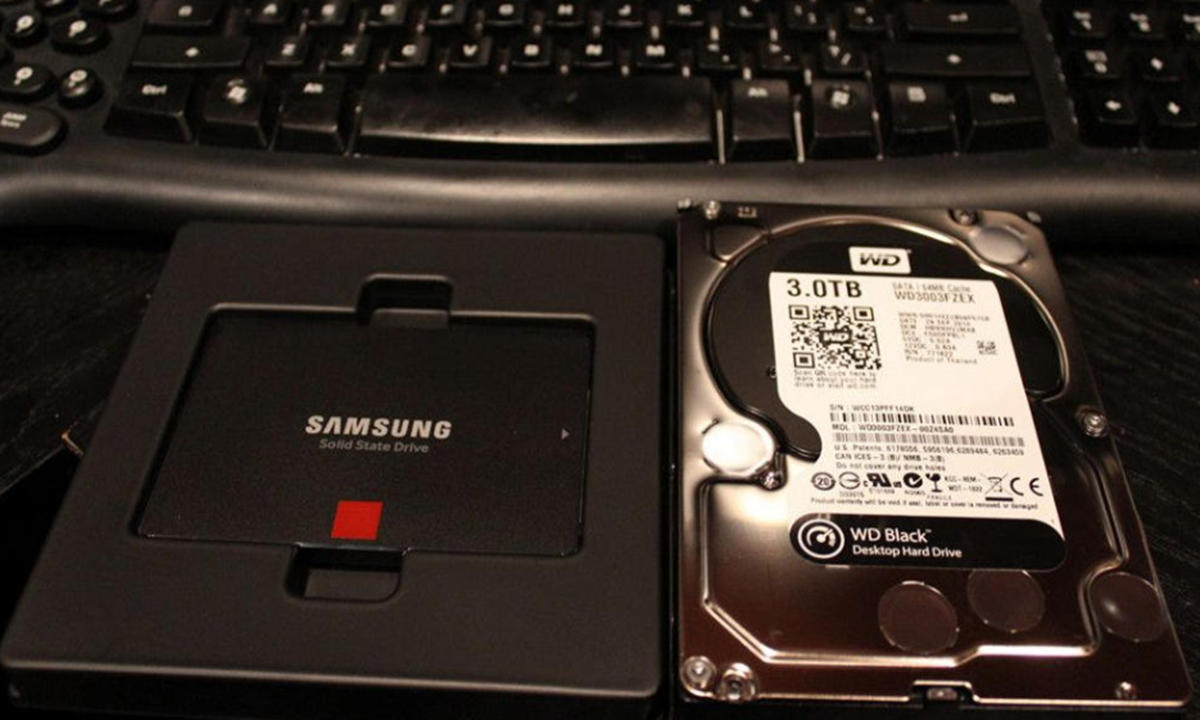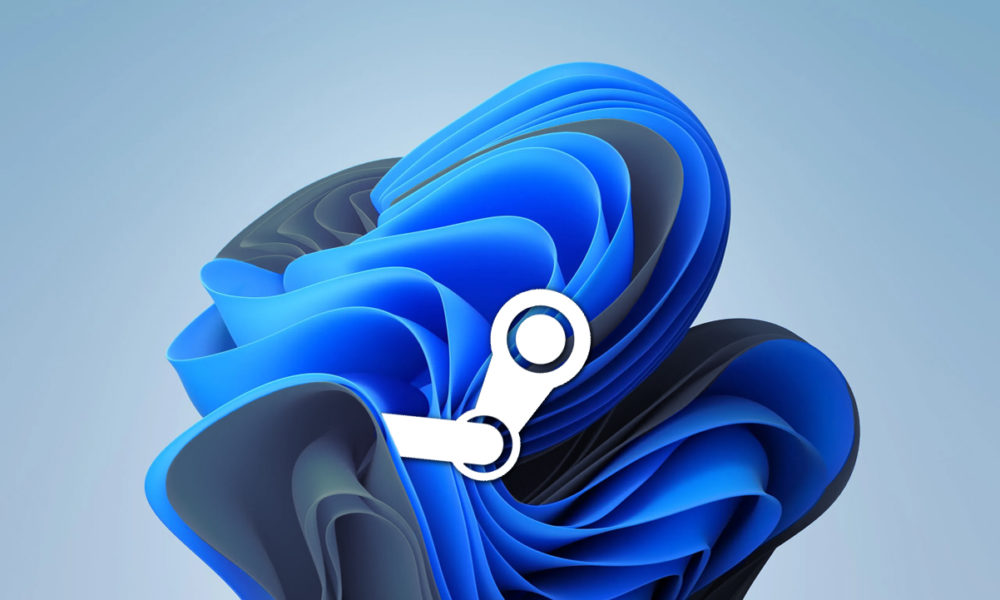
Shawn Rosemarin, vice president of research and development at Pure Storage, a company specializing in format data storage. flashhas predicted that mechanical hard drives will stop selling in 2028. As of that year, according to Rosemarin, it will only be possible to acquire storage for data in flash.
For the manager of Pure Storage, there is an overriding reason to definitely promote storage in format flash to the detriment of mechanical hard drives (HDDs): the cost of electricity. It’s no secret that the price of electricity has increased a lot in recent times, especially in the wake of Russia’s invasion of Ukraine.
The lower energy efficiency of hard drives translates into higher expenses for companies, so these, according to Rosemarin’s argument, will have less and less reason to continue betting on HDDs due to the higher costs they entail. The manager has exposed specific data, such as that data centers currently account for around 3% of all total energy spend, and of that 3%, a third is attributed to storage. Despite the small percentage, it is important to keep in mind that it is global energy consumption, so in the end we are talking about a huge amount.
Today HDDs are the dominant storage format in data centers, so its replacement by SSD, according to Rosemarin, could result in a reduction in energy consumption of between 80 and 90 percent on that front. Apart from the economic issue, there is the fact that there are countries that are pushing quotas for energy use, which can reduce the chances that less efficient projects can go ahead.
The fact that efficiency and the cost of energy are the predominant reason does not mean that it is the only one, since the director of Pure Storage has also mentioned the increasing storage density offered by technology flash. Here the roadmaps of NAND chip manufacturers indicate that storage density will improve significantly in the coming years, or at least that is the plan they show to the public.
SSDs have gained a lot of ground over HDDs in recent times, both in server-oriented computing and in home computers. When it comes to home computers, SSDs are clearly superior in aspects such as speed, both when reading and writing, as well as offering much lower latencies. On the other hand, it can even be said that they were late because hard drives, for decades, have been a rather annoying bottleneck, especially since modern operating systems run many processes that may require reading. on disk.
Putting data to the business circumstances of both data storage technologies, HDD shipments have fallen by around half and sales by a third compared to the previous year. However, no hyperscale data company has indicated that it will transition from HDD to hard drive storage. flashand this factor makes Shawn Rosemarin’s prediction quite difficult to come true.
Another factor to keep in mind is that although the price per terabyte of SSDs has improved in recent times, it is still more expensive than that of HDDs, so users who want a large amount of storage and have a With their budget limited, they are likely to opt for a hybrid configuration, in which the SSD would support the operating system and smaller applications, and the HDD would hold personal data and larger applications.
Cover image: Pixabay.




